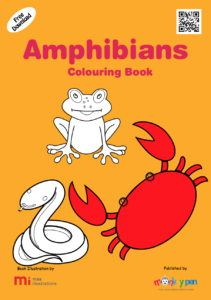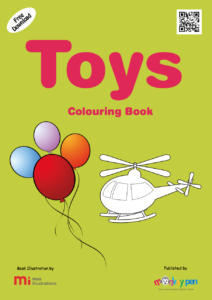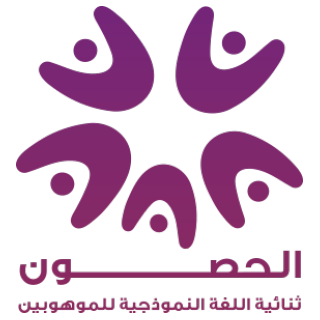Al-Hosoon Kindergarten
Al-Hosoon’s approach to kindergarten education seems to prioritize creating a nurturing and engaging environment that aligns with children’s interests rather than viewing it solely as a preparatory stage. This perspective recognizes Kindergarten as a foundational phase that significantly shapes a child’s educational journey from the outset. By focusing on curriculum development and ensuring a safe and stimulating atmosphere, Al-Hosoon aims to lay a robust groundwork for future learning, acknowledging the critical importance of early childhood education in overall development.
300
Students
30
Teachers
15
Classes

Al-Hosoon School
Practices Carried Out by Al-Hosoon for Kindergarten Students In Various Learning Fields

This aspect emphasizes enhancing investigation, exploration, and self-learning among students, tailored to their individual differences. Mathematical concepts are integrated into real-life contexts to build strong connections between information and practical applications.

This curriculum is structured around four fundamental aspects: speaking, listening, reading, and writing. Students are guided through a balanced language curriculum that adheres to Arabic language standards, aiming to develop fluency in reading and comprehension through effective storytelling strategies.

Al-Hosoon places importance on developing students' personalities and confidence. They are encouraged to express themselves creatively in front of their peers, which enhances their presentation and public speaking skills
Farm Coloring Book
Download Kids Practice Color Book

Amphibian Coloring Book
Download Kids Practice Color Book

TOYS Coloring Book
Download Kids Practice Color Book

Al-Hosoon Kindergarten Advantages

Safe Environment: Providing a safe space is crucial for children’s development, allowing them to learn and explore without fear.
Safe Environment: Providing a safe space is crucial for children’s development, allowing them to learn and explore without fear.
Safe Environment: Providing a safe space is crucial for children’s development, allowing them to learn and explore without fear.

Flexible Curriculum: Valuing diversity and cultural backgrounds
Flexible Curriculum: Valuing diversity and cultural backgrounds
Flexible Curriculum: Valuing diversity and cultural backgrounds

Encouraging Exploration and Self-Learning: This approach helps build a child's character by promoting independence, curiosity, and a love for learning.
Encouraging Exploration and Self-Learning: This approach helps build a child's character by promoting independence, curiosity, and a love for learning.
Encouraging Exploration and Self-Learning: This approach helps build a child's character by promoting independence, curiosity, and a love for learning.

Emotional and Social Development: Valuing diversity and cultural backgrounds
Emotional and Social Development: Valuing diversity and cultural backgrounds
Emotional and Social Development: Valuing diversity and cultural backgrounds

Impressive Bilingual Education: This approach helps build a child's character by promoting independence, curiosity, and a love for learning.
Impressive Bilingual Education: This approach helps build a child's character by promoting independence, curiosity, and a love for learning.
Impressive Bilingual Education: This approach helps build a child's character by promoting independence, curiosity, and a love for learning.

Building Social Values, Life Skills, and National Responsibility: This approach helps build a child's character by promoting independence, curiosity, and a love for learning.
Building Social Values, Life Skills, and National Responsibility: This approach helps build a child's character by promoting independence, curiosity, and a love for learning.
Building Social Values, Life Skills, and National Responsibility: This approach helps build a child's character by promoting independence, curiosity, and a love for learning.

Continuous Evaluation and Communication: Regular assessment of skills ensures that each child's progress is monitored, while ongoing communication with parents fosters a collaborative approach to education.
Continuous Evaluation and Communication: Regular assessment of skills ensures that each child's progress is monitored, while ongoing communication with parents fosters a collaborative approach to education.
Continuous Evaluation and Communication: Regular assessment of skills ensures that each child's progress is monitored, while ongoing communication with parents fosters a collaborative approach to education.

